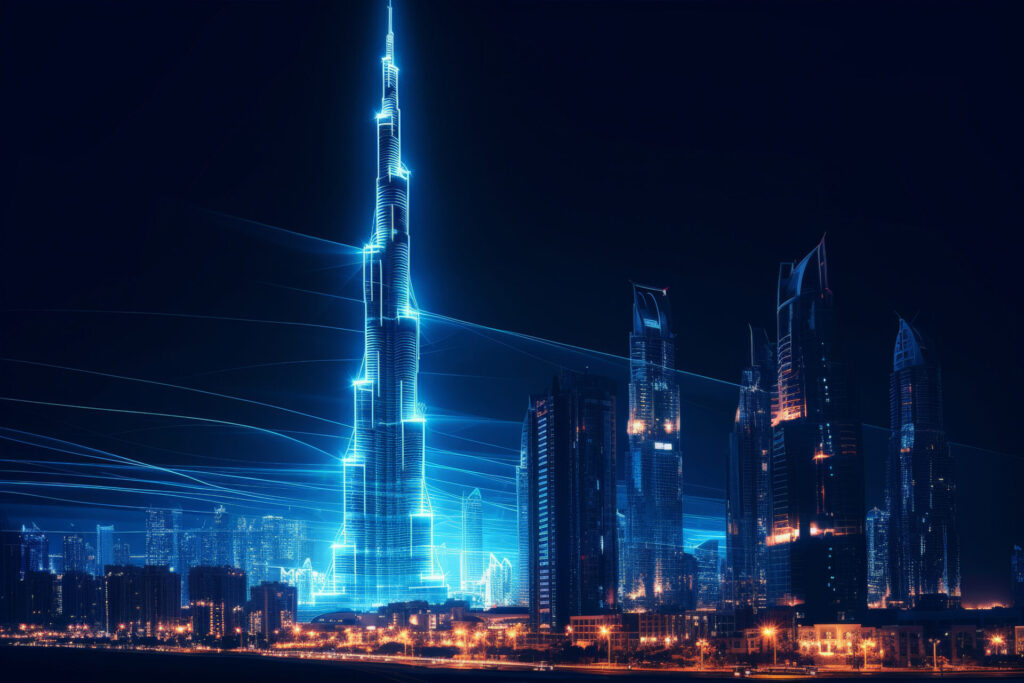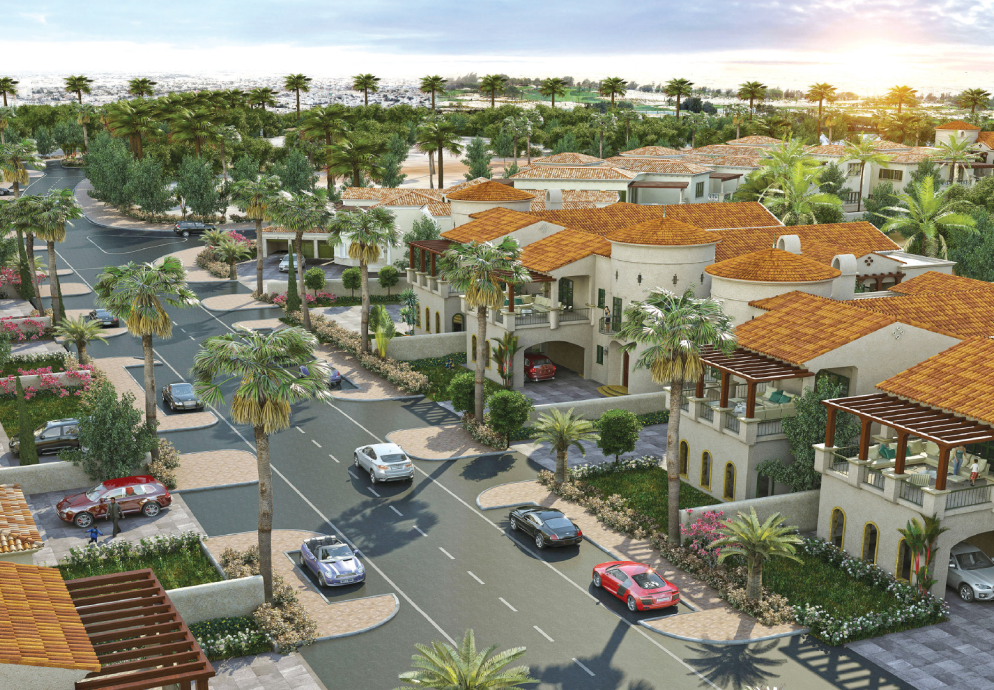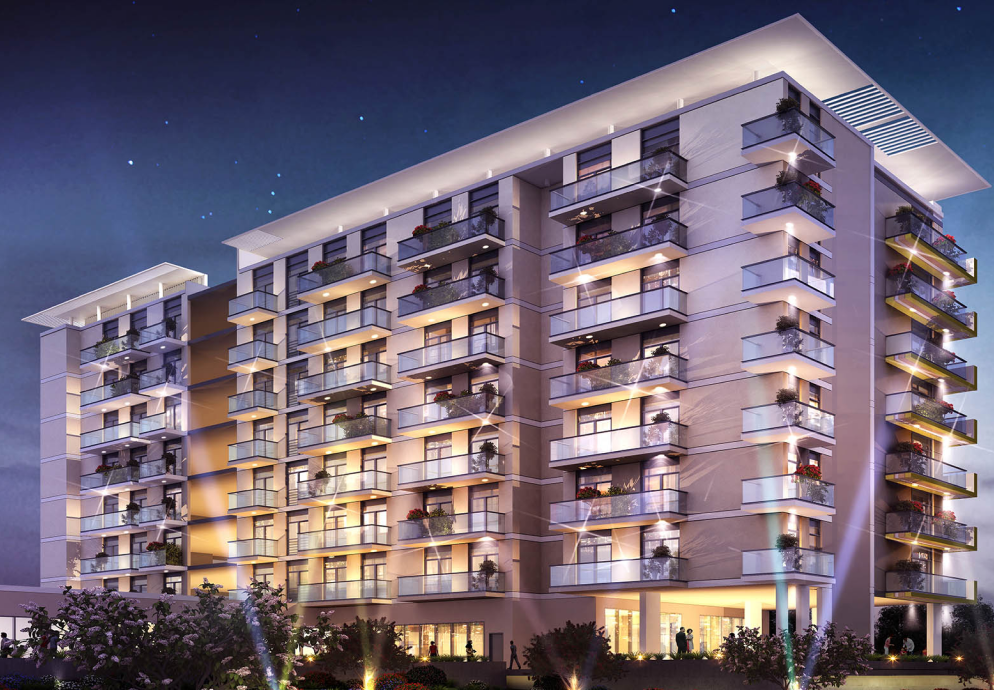In Dubai, where construction plays a pivotal role in urban development, the adoption of AI and automation is essential to meeting the city’s ambitious growth targets and maintaining its reputation as a leader in innovative architecture and sustainable urban planning.
The Present Landscape of AI in Construction
The global AI construction market is projected to reach USD 3.99 billion by 2024 and grow significantly to USD 11.85 billion by 2029, with a compound annual growth rate (CAGR) of 24.31%. AI is revolutionising multiple stages of the construction process, from design and planning to project management and maintenance after completion.
Primary Applications of AI in the Construction Industry
Planning and Design
AI is advancing BIM by creating sophisticated 3D models, facilitating precise planning and design. Generative design algorithms explore numerous design options, optimising for cost, materials, and structural integrity, thereby helping to minimise costly rework.
Proactive Maintenance
AI systems analyse data from machinery and equipment to predict maintenance needs, reducing downtime and extending asset lifespan. This predictive capability is crucial in an industry where delays can lead to significant financial consequences.
Quality Control and Safety Monitoring
AI-driven cameras and sensors enable real-time monitoring on construction sites, detecting defects and ensuring compliance with safety standards. Companies such as Skanska have effectively leveraged AI to identify quality issues early, enhancing both safety and project quality.
Efficient Resource Allocation
Through the analysis of historical data, AI facilitates precise allocation of labour and materials, optimising schedules and reducing costs. Enhanced timeline predictions aid in preventing project delays, enabling more efficient project completion.
Automation and Robotics
AI-driven robotics is revolutionising construction processes. Autonomous machinery can now undertake tasks such as bricklaying and welding, allowing human workers to concentrate on more complex tasks. This shift boosts efficiency while helping to address labour shortages.
The future of AI in the construction industry is highly promising. As these technologies develop, they are likely to become even more integrated into construction workflows, enhancing productivity and reducing costs.
With strong digital infrastructure plans and progressive AI policies, Dubai is building a tech-focused future. For investors, this vision offers a chance to secure tangible assets in a country that seamlessly blends rich heritage with strong growth potential.
At One Investments, we are committed to providing spaces that meet the varied needs of our clients, ensuring your investment is both secure and aligned with your lifestyle.









